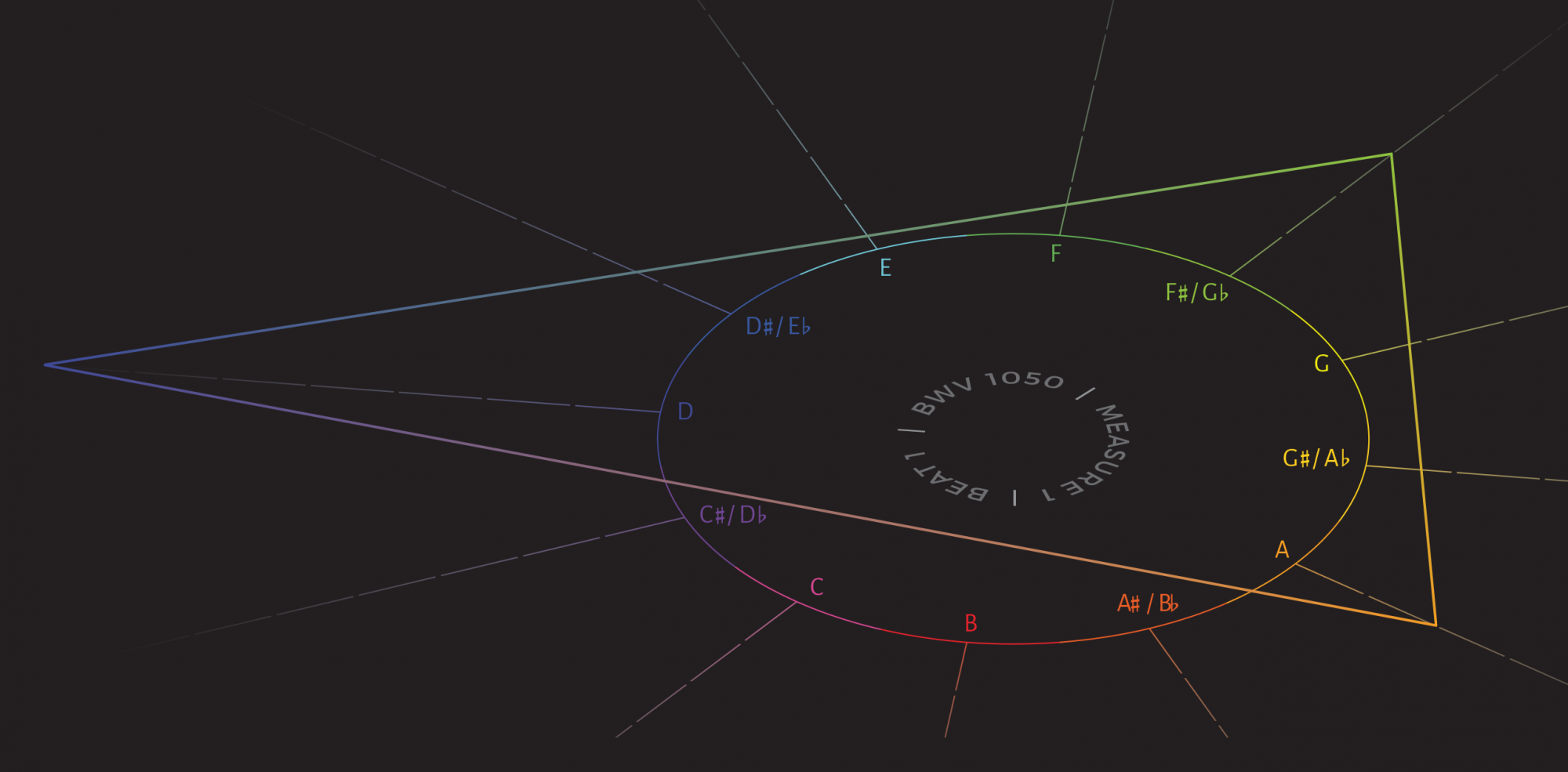Beginning with Volume 33, Intégral: The Journal of Applied Musical Thought
has become an online, open-access journal. 1
We are currently inviting article submissions for Volume 38 (2025).
Intégral invites articles on a broad range of musical topics, including theory, analysis, and criticism. Furthermore, we pursue an implicit mandate to foster whole-heartedly the increasing pluralism and inclusion of the music-theoretic field, welcoming submissions to that end.
Authors are encouraged to take advantage of the multimedia possibilities afforded by the online format.
The deadline for submission is October 31, 2024.
Submissions will be evaluated according to the following criteria:
1. Originality / Significance / Contribution to the Field
2. Cogency and Lucidity of Argumentation
3. Engagement with the Field
4. Writing Style: Clarity and Creativity
5. Broader Social, Cultural, Political Issues
6. Multimedia Potential
While length is a minor factor in the evaluation of submissions, Intégral does not ask for a word count minimum or maximum; however, successful submissions in previous volumes lie within the following word count range: 6,500–11,000 words.
Format:
Submissions should be uploaded using the submission portal at the link below.
The portal will request contact information (author name and email address) for the submission, but this will remain separate from the submitted manuscript. Submission documents should not reveal the identity of the author and should be sent as a .doc, .docx, and/or .pdf file. All submissions should be sent with examples, figures, and tables included either in-line in the same document or as a separate PDF.
Citations should follow the author-date format for footnotes and bibliography from chapter 15 of the 17th edition of The Chicago Manual of Style. If a submission is accepted, authors will be expected to submit each figure as a separate image file (.png format) of minimum 300 ppi. When applicable, videos should be submitted as .mp4 or .mov files. Alternatively, Intégral will gladly consider video example proposals in the form of storyboards or screenplays and may be able to offer advice on the composition of video examples. Securing permissions to reproduce copyrighted material is the responsibility of the author. Intégral strives to assist authors with formatting or typesetting musical examples and may request source files upon article acceptance.
Copyrights for materials published in Intégral are held by their authors. Materials may be disseminated on an individual basis for purposes of scholarly research, teaching, or discussion. Items appearing under our title may be saved and stored in electronic or paper form. However, work published in Intégral may not be republished in any form, electronic or print, without prior notification to the Co-Editors of this journal and without the express written consent of the author or authors.
Style:
See Intégral’s style sheet for guidance. For most grammatical and citation issues, see the Chicago Manual of Style, 17th edition.
Review:
Intégral practices double-anonymous peer review. Submissions are accepted through the online submission process. Co-editors will initially review the submission to determine whether to disseminate it to outside reviewers and the staff. If the submission is deemed unsatisfactory or outside Intégral’s stated mandate (principally music theory, analysis, and criticism), co-editors will provide a response with appropriate feedback. If the submission is suitable for the journal, co-editors will share it with two members of the Editorial Board or outside reviewers as well as the graduate student staff. Intégral takes three votes into account: the votes of each reviewer as well as the collective vote of the staff.
Authors should allow three months’ time for the process of peer review to be completed. The submission will ultimately yield one of the following three outcomes:
Accept with Revisions
The submission is well written, clearly argued, represents significant scholarship, and makes an original contribution to the field of music theory. The work will be published in Intégral without need for resubmission. Some revisions and corrections, potentially substantial in nature, will likely still be suggested by the co-editors, and acceptance is contingent upon authors adequately revising the paper in light of reviewer comments. Authors and co-editors will collaborate on the completion of such revisions and finalizing the text and examples.
Revise and Resubmit
The submission requires thorough rethinking, possibly due to organizational, factual, or stylistic inadequacies. Substantial rewriting and reframing will be necessary for resubmission, but resubmission is strongly encouraged. Authors asked to revise and resubmit are expected to compose a brief cover letter outlining how they have specifically addressed the reviewers’ concerns.
Reject
The submission falls outside of the journal’s purview or fails to meet the journal’s expectations of music theory scholarship. The submission will not be considered for publication in its current state.
Notes
- Intégral‘s first 32 years of publication are available as PDFs on this site and on JSTOR.

